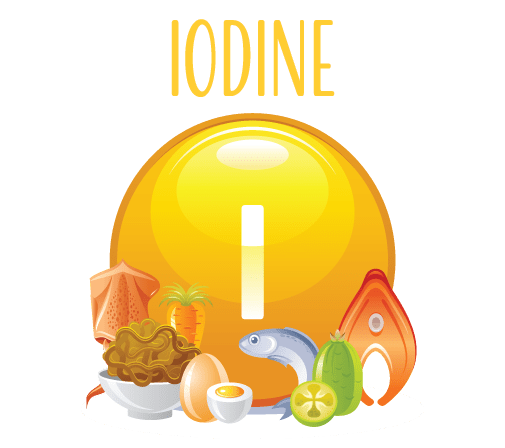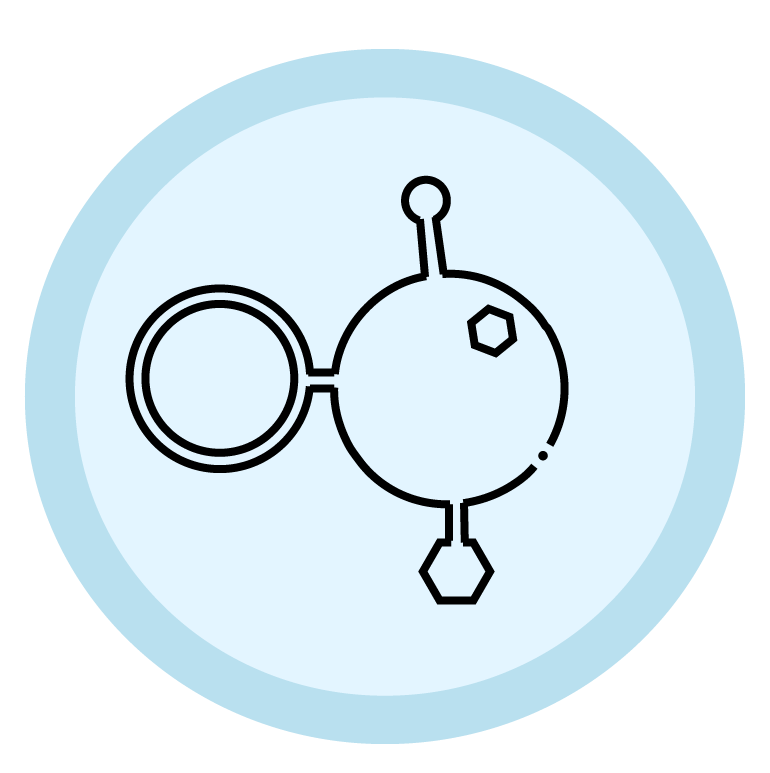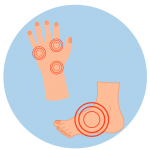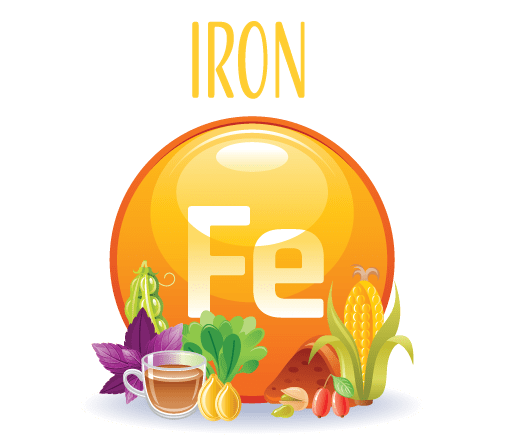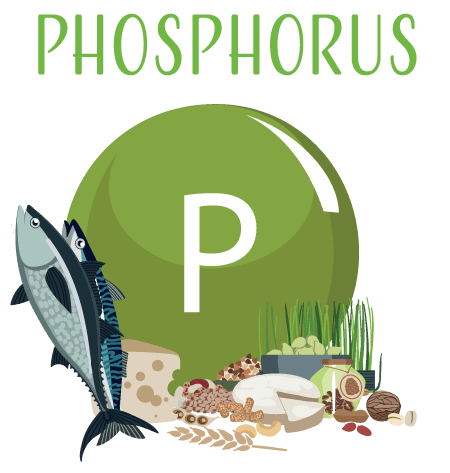Iodine: The Essential Trace Element for a Healthy Thyroid and More!”
Iodine is a trace element that is essential for the proper functioning of the thyroid gland. There are several reasons why iodine is important for your body. First, it helps to regulate your metabolism, which affects your energy level and overall health. Second, it plays a vital role in the development of the brain and nervous system, particularly during pregnancy and infancy. Finally, it helps to maintain healthy skin, hair, and nails.
